In this Issue
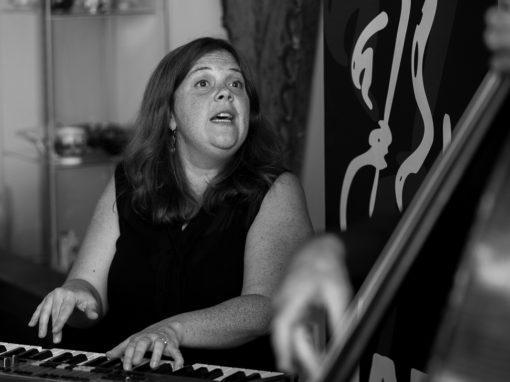
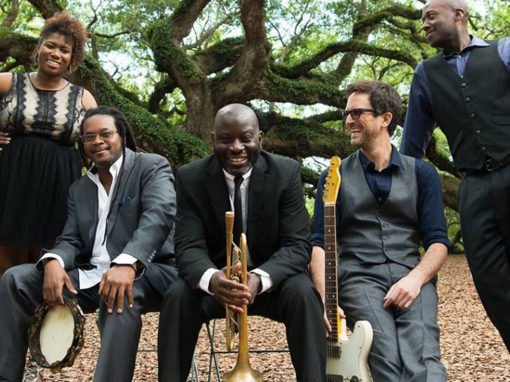
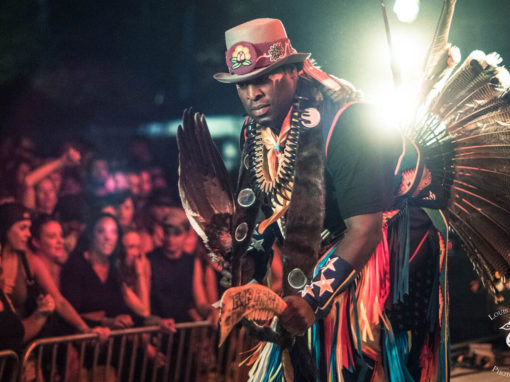
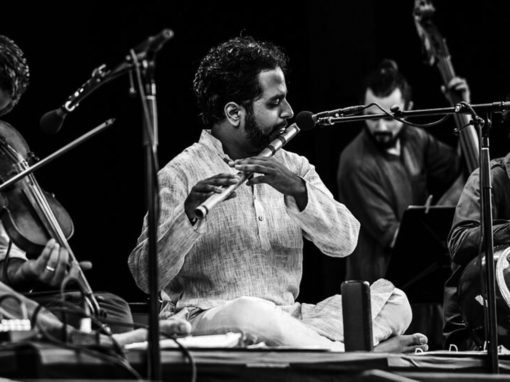
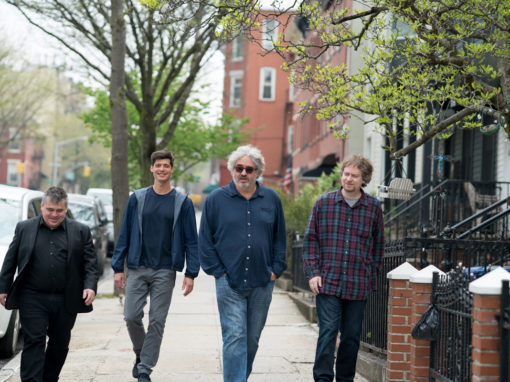

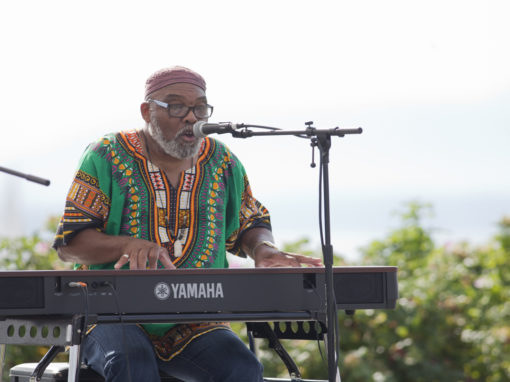
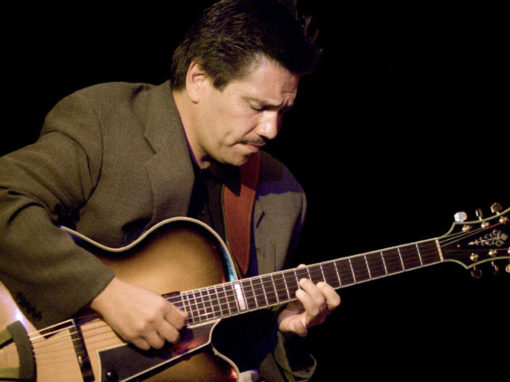
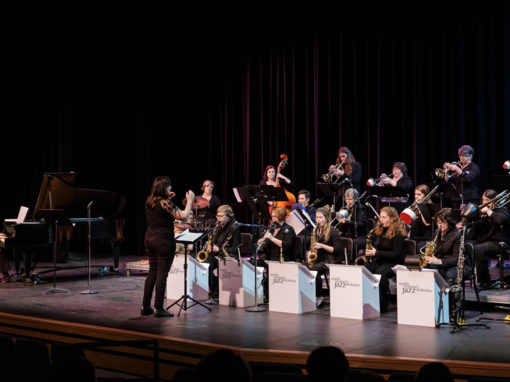
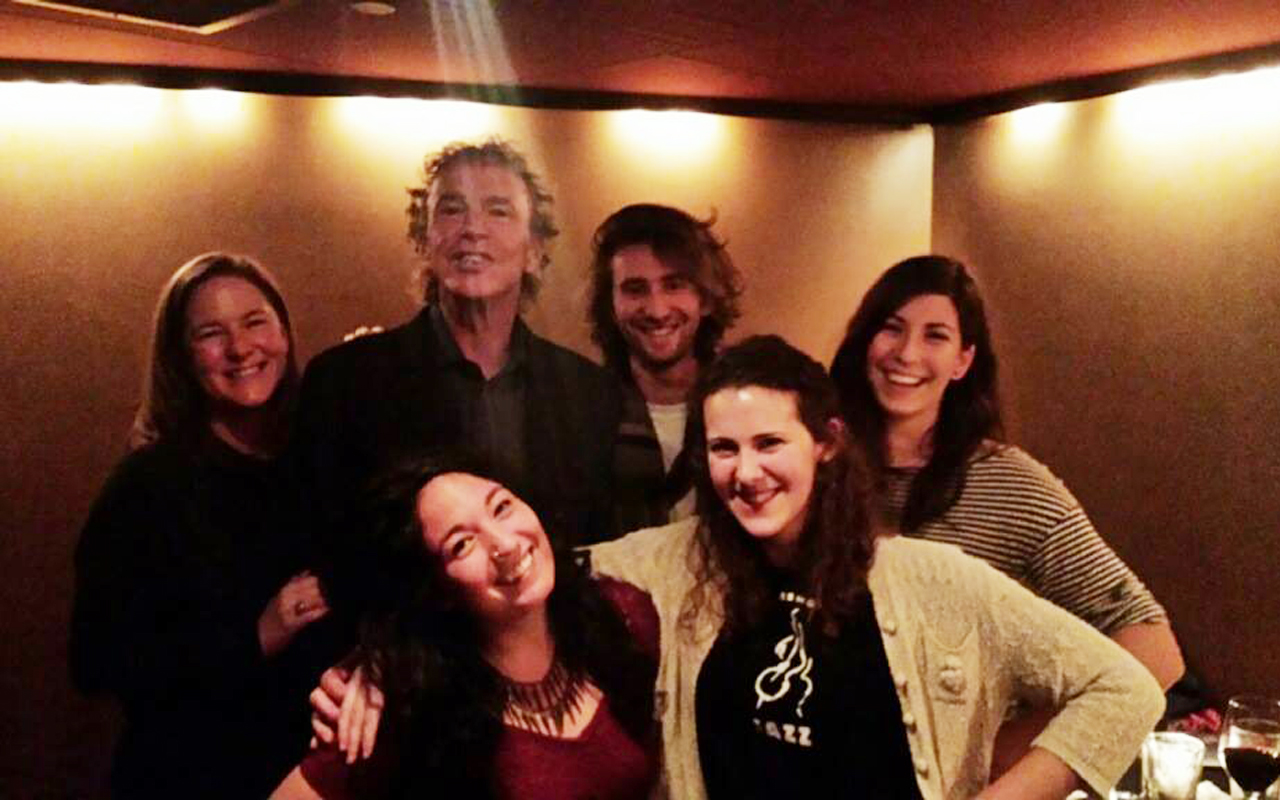
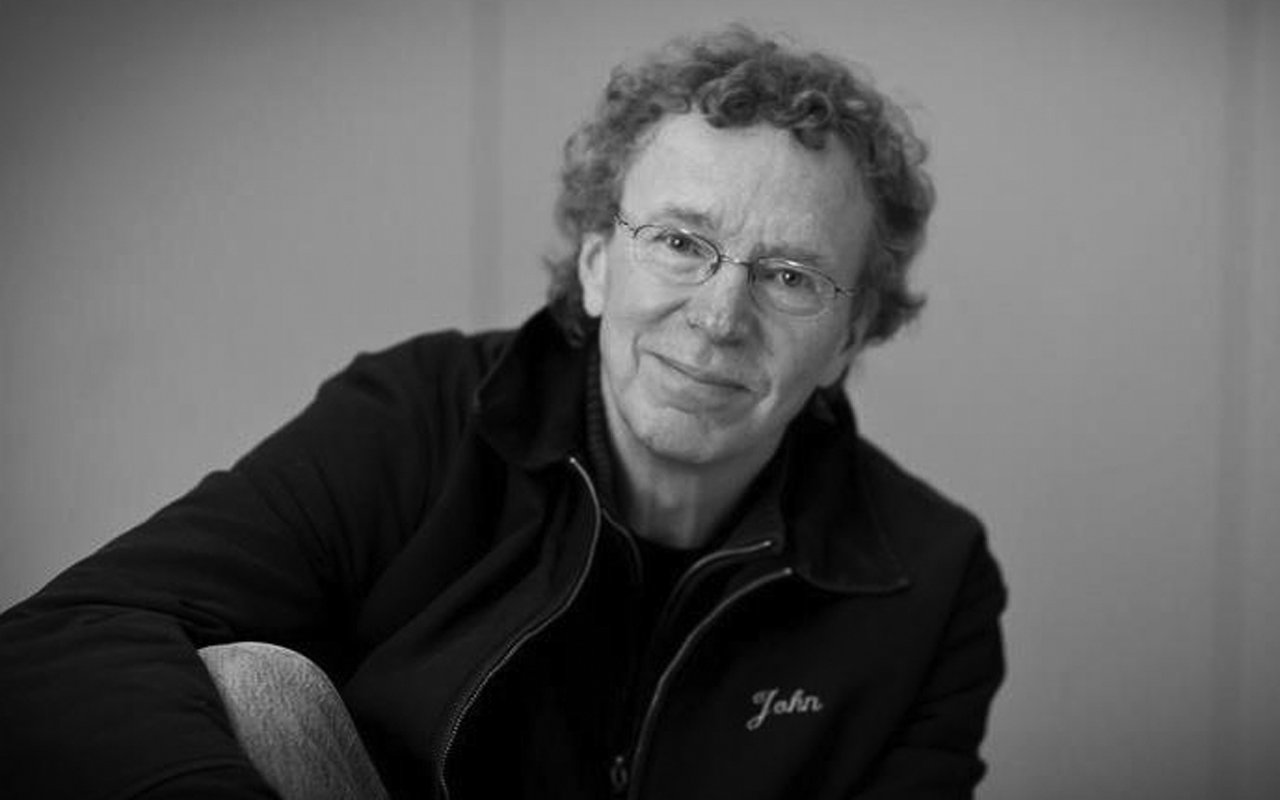
Table of Contents
– Earshot Jazz Festival –
2017 Earshot Jazz Festival Schedule
– Profile –
Dawn Clement: Earshot Jazz Festival Resident Artist
– Previews –
Lakedale Resort at Three Lakes Presents Inaugural Music Festival with Brian Nova
Earshot Jazz Presents: Tim Berne’s Snakoil
Brooklyn Raga Massive: John Coltrane Birthday Tribute
Jazz Travels: Kaslo Jazz Etc. Summer Music Festival
Masthead
September 2017
Volume 33, No. 9
Executive Director
John Gilbreath
Managing Director
Karen Caropepe
Program Coordinator
Lydia Isayas
Earshot Jazz Editor
Caitlin Peterkin
Contributing Writers
Halynn Blanchard
Marianne Gonterman
Derek Decker
Caitlin Peterkin
Ian Gwin
Layout
Lydia Isayas
Photography
Daniel Sheehan
Calendar Editor
Lydia Isayas
Distribution
Karen Karopepe and Earshot Jazz Volunteers
Send Calendar Information to:
Add a gig to the calendar online or send us an email.
Board of Directors
Danielle Leigh (President)
Viren Kamdar (treasurer)
Ruby Smith Love
Sue Coliton
John W. Comerford
Chris Icasiano
Diane Wah
Jon Perrino
Sheila Hughes
Emeritus Board Members
Clarence Acox
Kenneth W. Masters
Lola Pedrini
Paul Toliver
Cuong Vu
Founded in 1984 by Paul de Barros, Gary Bannister, and Allen Youngblood.
Earshot Jazz is published monthly by Earshot Jazz Society of Seattle.
Subscription (with membership): $35
3429 Fremont Place #309
Seattle, WA 98103
phone / (206) 547-6763
Earshot Jazz ISSN 1077-0984
Printed by Pacific Publishing Company
© 2018 Earshot Jazz Society of Seattle
Letter from the Director
No Black, No Jazz
Someone once said that “jazz was born in the American South, in the collision of Black, European, and Indigenous cultures.” Of those three, I believe that jazz most firmly belongs to Black America. And even though jazz is subsequently being embraced by all cultures around the world, it is done so with the clear, if implicit, understanding that jazz is a fundamental expression of Black culture, Black experience, Black lives.
What is most disturbing about the opening quote is that the referenced “collision” is still unfolding at the intersecting soul of American life, in the dark and in the light, without regard to any stop sign or mile post.
We’d like to believe that we’ve come a long way down the road, and that, automatically, progress means enlightenment. We practice hard, and we get better. Our chances for wreckage should be diminished, right? I guess not. Some of us would also be inclined to lay recent racial collisions at the feet of our idiot/maniac bus driver, but that would be short-sighted.
Donald Trump is a symptom. To be sure, he’s a big one—an ugly and festering sore on the American body, apparently happy to spread the infection and jack up the fever. But racial problems are at the core of the American experiment. Biographies of John Adams, Thomas Jefferson, and others are very clear about conscious decisions to set the issue of slavery aside, in order to see a clearer (read: easier) path to a “more perfect union.” And still, here we are. We have a lot of work to do, and clearly, we can’t just bring this thing in to the dealer for repair.
If I was as hip as I’d like to be, this is the part where I’d drop in the answers. I don’t have them. But I’ll work harder on myself. At some points, jazz has been an equalizer—integrating bandstands and broadcasts for the sake of the music, and, by the way, to show the rest of the country that it was the right thing to do. Lionel Hampton talked about the piano, and how you had to have the black keys and the white keys to make music. That’s all nice, but that’s not going to do it. We all have to get in there and do the work.
Black Lives Matter.
And, we’ve got a jazz festival coming up. Stay tuned for details.
–John Gilbreath, Executive Director
